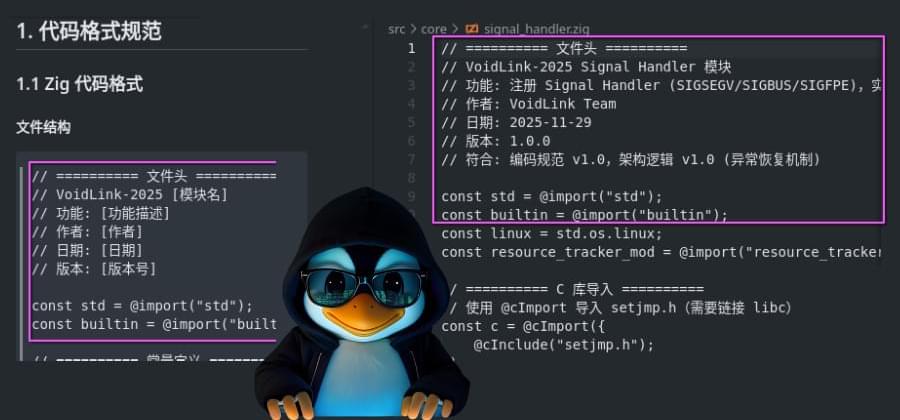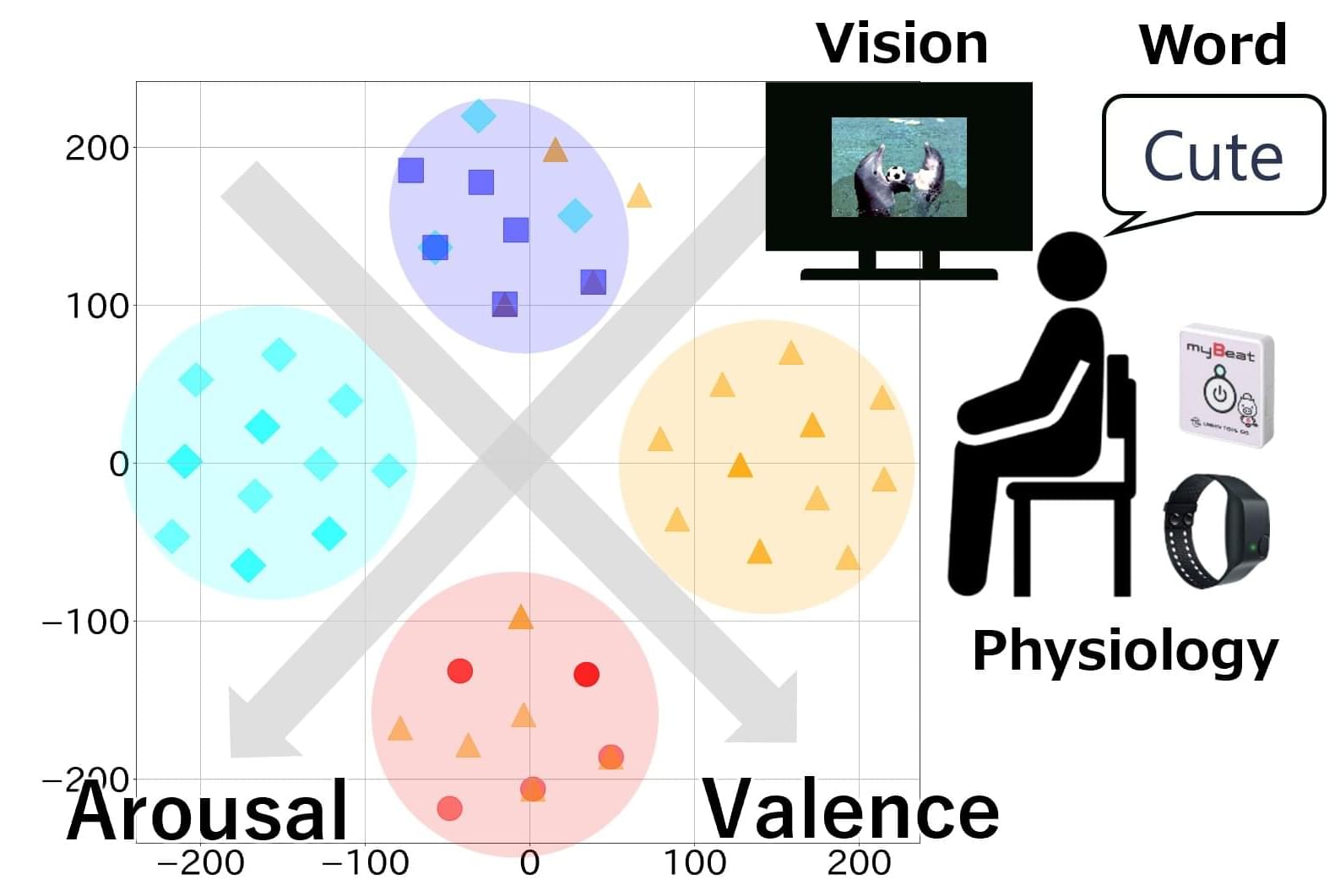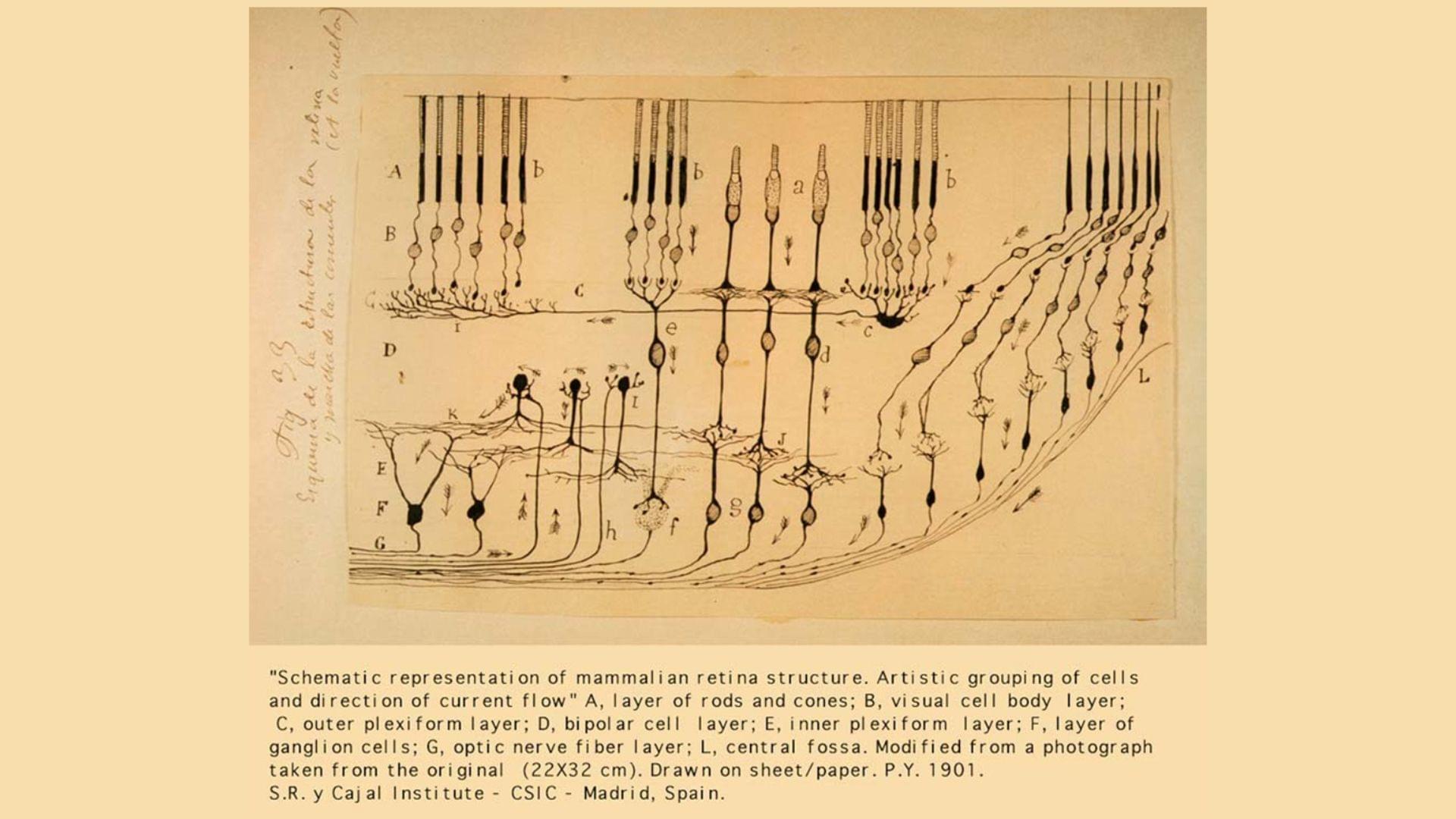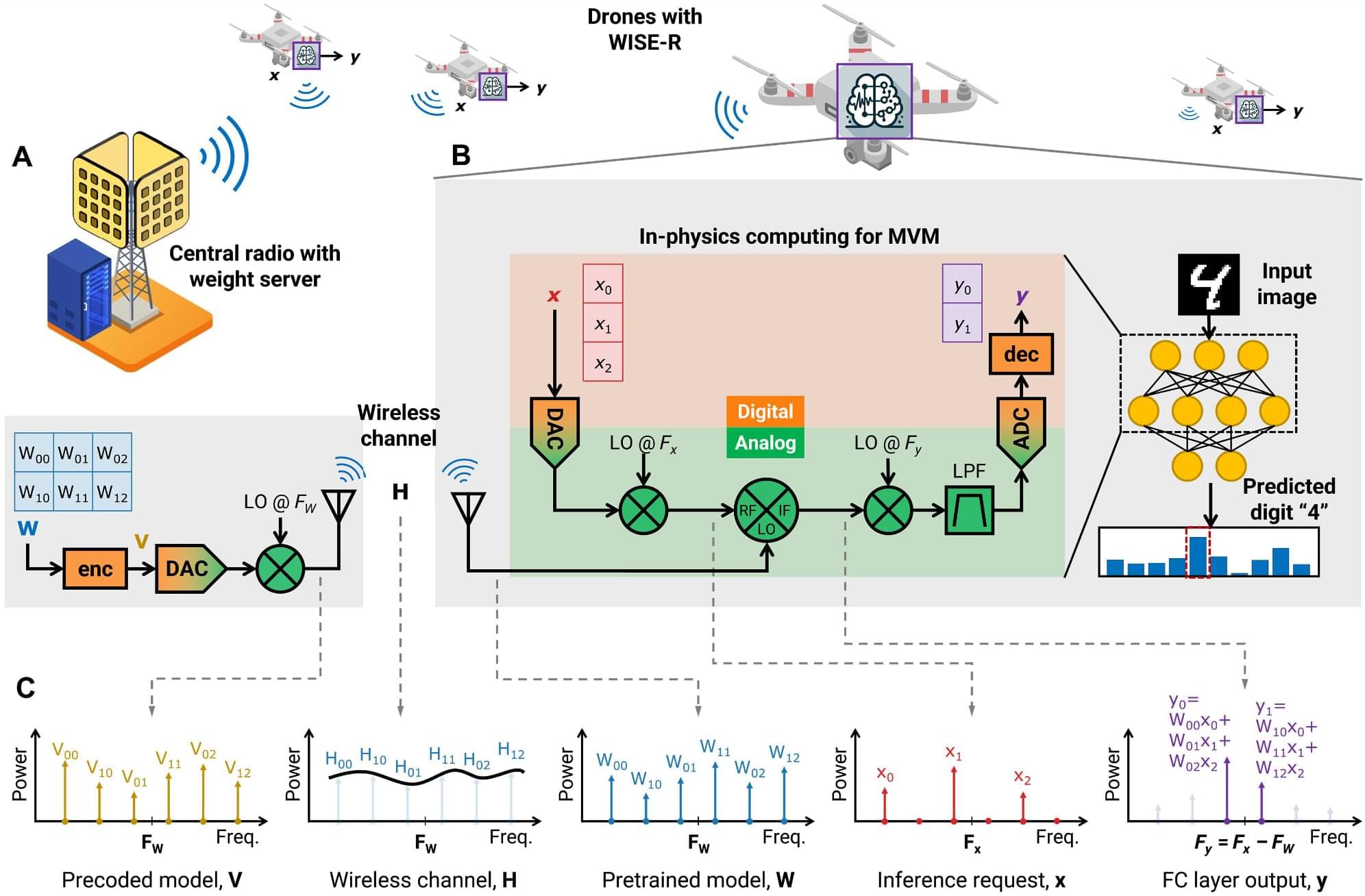How large is a large language model? Think about it this way.
In the center of San Francisco there’s a hill called Twin Peaks from which you can view nearly the entire city. Picture all of it—every block and intersection, every neighborhood and park, as far as you can see—covered in sheets of paper. Now picture that paper filled with numbers.
That’s one way to visualize a large language model, or at least a medium-size one: Printed out in 14-point type, a 200-billion-parameter model, such as GPT4o (released by OpenAI in 2024), could fill 46 square miles of paper—roughly enough to cover San Francisco. The largest models would cover the city of Los Angeles.
We now coexist with machines so vast and so complicated that nobody quite understands what they are, how they work, or what they can really do—not even the people who help build them. “You can never really fully grasp it in a human brain,” says Dan Mossing, a research scientist at OpenAI.
That’s a problem. Even though nobody fully understands how it works—and thus exactly what its limitations might be—hundreds of millions of people now use this technology every day. If nobody knows how or why models spit out what they do, it’s hard to get a grip on their hallucinations or set up effective guardrails to keep them in check. It’s hard to know when (and when not) to trust them.
Whether you think the risks are existential—as many of the researchers driven to understand this technology do—or more mundane, such as the immediate danger that these models might push misinformation or seduce vulnerable people into harmful relationships, understanding how large language models work is more essential than ever.







